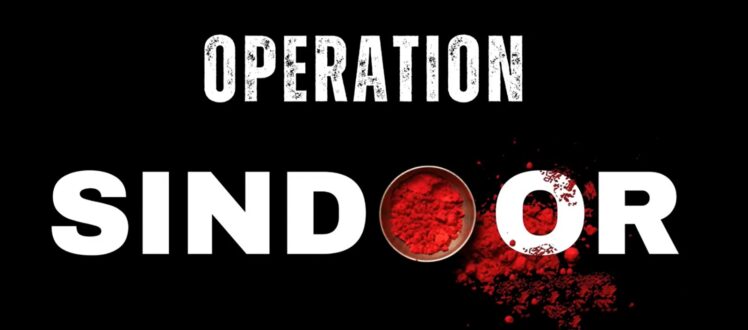
Editor,
The Indian security establishment launched ‘OPERATION SINDOOR’, a military operation aimed at destroying the Jaish-e-Mohammed and Lashkar-e-Tayyiba terror infrastructure (including recruitment and training centres), as the veil of Kashmir is again wide open.
This ongoing skirmish has continued for decades, with Pakistan even becoming a safe haven for Bin Laden’s Al-Qa’ida network and footsoldiers.
Foreign terrorist organisations fuel the asymmetrical war by raising funds through money transmitters who are inspired by ISIS or domestic violent extremist groups who may be indoctrinated into violence through the internet.
War is an expensive and dirty affair – it is better to be served cold, not forgetting the economic implications for both sides, read the India Today article dated Jun 30, 1990 (A 1,000-hour war with Pakistan will cost India Rs 27,000 crore) by Shekhar Gupta and Ravi Rikhye.
To bring tensions between India and Pakistan under control requires a mutual willingness to seek peace seriously, which could happen if there is room for intermediaries or emissaries opening up back channels.
ALSO WATCH:
Managing diplomacy between India, Pakistan, and the United States is like walking on a tightrope.
While Russia and China are steamrolling with their aim to change the global order, averting war in South Asia is in more dire need than ever through deterrence, safeguarding nuclear weapons, international agreements, securing cyberspace, and sanctions.
Former CIA officer and senior advisor on South Asia and the Middle East Bruce Riedel’s book, ‘Avoiding Armageddon: America, India, and Pakistan to the Brink and Back’ delves into the historical perspectives of two important countries and efforts to balance the state of affairs on the subcontinent.
Yours etc.,
Christopher Gatphoh,
Address: C/o D. Gashnga, Laitkor Rngi, Shillong-10
Mobile no: 9862179460






